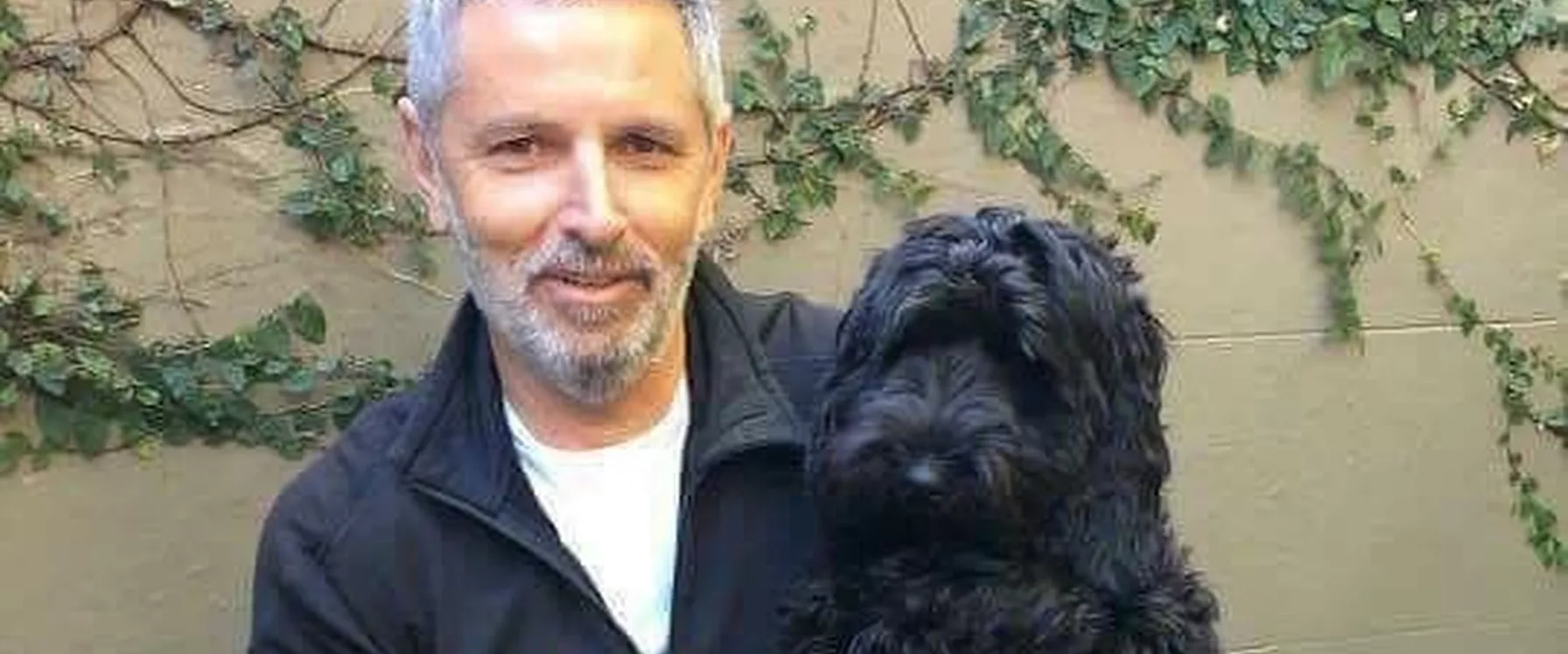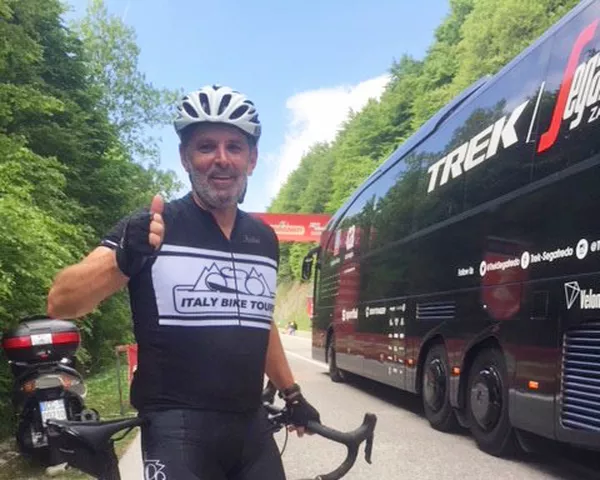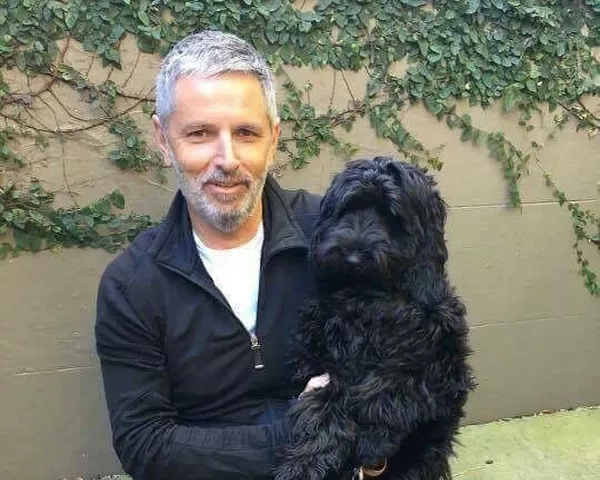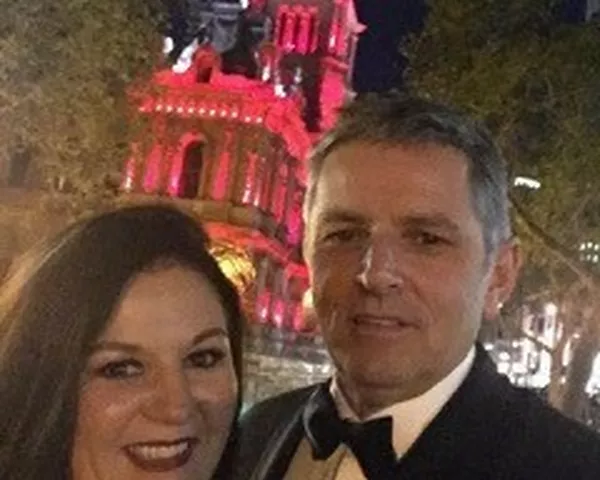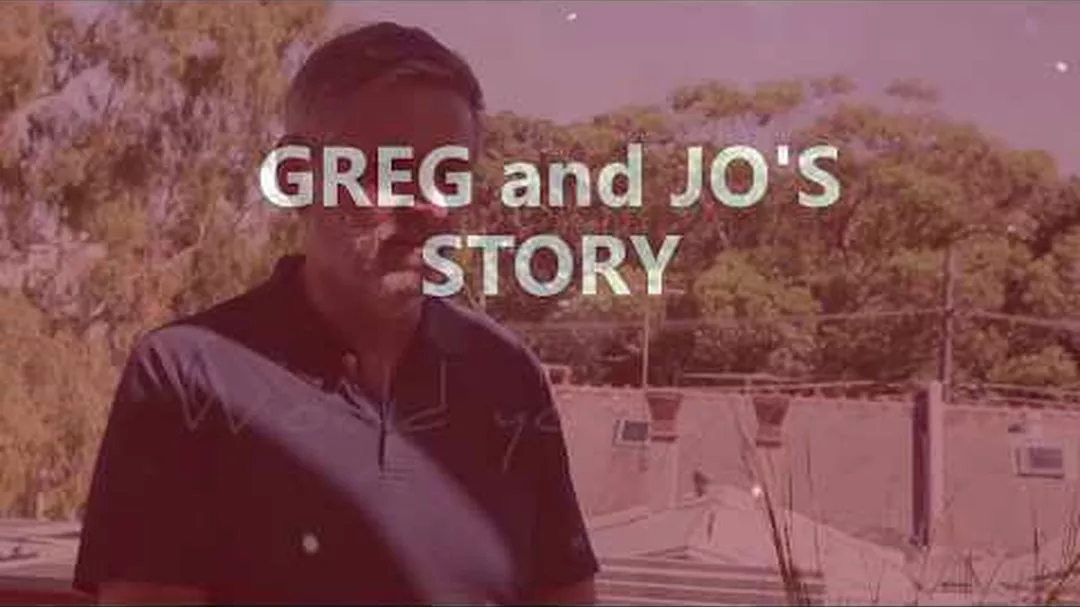“I felt out of breath and had a couple of sharp little pains while walking up some stairs, but I brushed it off. I had no idea what the symptoms of heart disease or a heart attack were.”
At his wife Jo’s insistence, Greg visited a doctor. A cardiovascular test found that one of his arteries was almost fully blocked, cutting off a vital source of blood to his heart. With the possibility of suffering a fatal heart attack at any moment, Greg was immediately admitted to hospital to have a life-saving operation to insert a stent (a tiny expandable tube) in his affected artery to help stop the blockage from recurring.
The impact of heart disease on families is something Greg and Jo think a lot about now. After Greg’s experience, they realised how little they – and many others like them – knew about heart disease. “I’d never given heart research or heart disease much thought. But during my recovery, I did a lot of reading about heart disease and my operation, and our whole family went through a process of education.”
One recommendation by experts that stood out to Greg was to chew an aspirin when experiencing symptoms of a heart attack, as this can buy vital time until emergency services arrive. Greg and Jo were then inspired to protect others with heart disease by developing HeartHero® Aspirin Capsule, a waterproof and airtight capsule that can hold emergency aspirin and can easily be clipped to your keys or bag.
Greg and Jo also found themselves re-evaluating their lives. “It was a matter of taking things in moderation and taking some stress out of life,” Greg says. “Focus on yourself. Focus on the things that are important.”
Jo adds, “We eat a lot healthier, with smaller portions, and are more active now. Just by doing that, I really feel like I’ve taken control, and taken a positive step in contributing to my own health and my family’s health. We also talk a lot to others about heart disease and how it might affect them.”
Of particular interest to Jo is the effect of heart disease on women. “The symptoms of heart attack in women are different from men, but so many don’t know that. We need to make more women aware that they could be at risk of heart attack too, and the symptoms to look out for – which are different from those that men experience.”
Jo is just as passionate a supporter as Greg. “Everyone should play their part in supporting heart research because it affects so many people – if not you, then someone in your family, a neighbour, a colleague at work. It’s also about investing in your family’s future health. I can’t imagine what it would be like to be here today without Greg.”
How is HRI helping?
HRI is conducting innovative research to develop new therapies for detecting, preventing and treating heart attacks.
Our Coronary Diseases Group is investigating whether the anti-inflammatory drug colchicine, which has already proved safe and effective for treating conditions like arthritis and gout, can be repurposed to protect against repeat heart attacks. A collaboration between the Coronary Disease Group and our Clinical Research Group has also discovered that the heart releases certain substances during a heart attack that can be detected in the laboratory.
